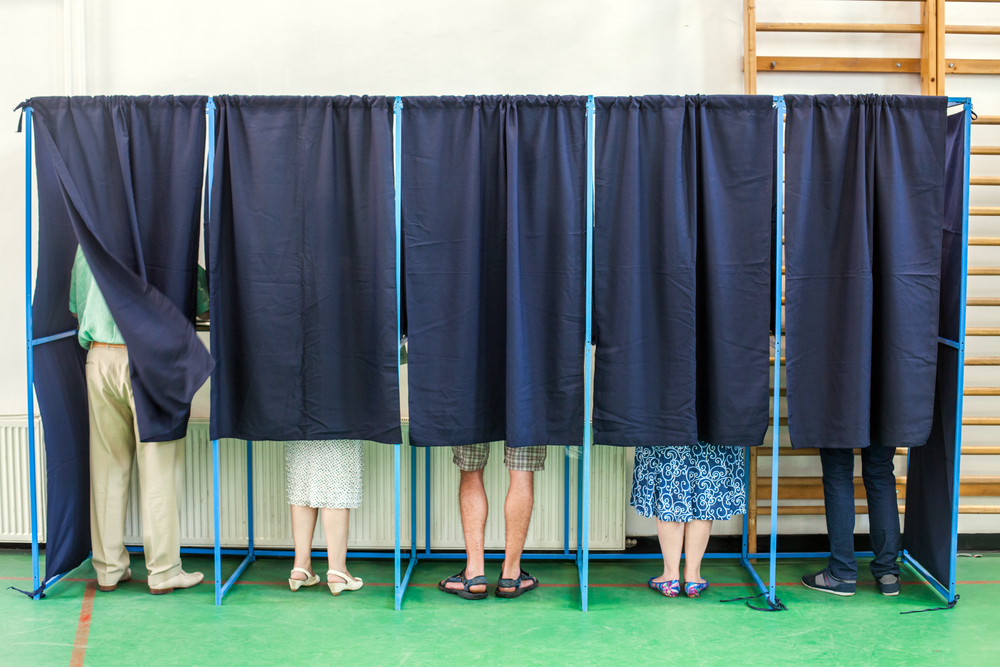Blockchain technology has been touted over the years as something revolutionary. It’s capable of so much more than just revamping our financial infrastructure as we know it. It’s already been tested in supply chains and even voting systems.
Blockchain Voting Isn’t All It’s Cracked Up to Be
Given the latest fiasco involving the democrat Iowa caucuses, perhaps blockchain could have been utilized to ensure the safety of voters’ identities and as insurance that such an event would never have occurred in the first place. The situation appears to involve several democratic voters in Iowa, who are presently searching for a democratic candidate to fight for the presidency this coming November against current White House resident Donald Trump.
A glitch has evidently occurred that has potentially removed several recorded voting files from the present system. As a result, it is uncertain how many people voted in the caucuses and who they voted for. This gives rise to fears involving voter fraud and overall system vulnerabilities.
Many believe blockchain could have prevented this, but others disagree. In fact, one source is suggesting that the “blockchain revolution” isn’t likely to occur for at least another ten years.
Martha Bennett – vice president and principal analyst at a company called Forrester – claims that over the past few years, there have been several examples of blockchain technology being utilized for local elections as a means of keeping voter information a little more secure. The problem, however, is that the technology is still too new to fully make it invulnerable, and there are still just as many privacy issues with blockchain voting as there is with mailing in paper ballots.
She explains:
There is no such thing as complete immutability. You’ll always be able to change something. It’s just a case of how difficult it is, but in the case of blockchain, it’s obvious when it happens, which is a deterrent.
An important study occurred in the city of Zug, Switzerland between 2017 and 2018. Zug, as we all know, is home to what’s been affectionately dubbed “Crypto Valley,” a region that hosts several new cryptocurrency and blockchain-based startup ventures and companies. During this two-year period, several blockchain systems designed to assist with voting were tested, in which hundreds of participants with digital IDs registered to cast their votes electronically.
The Problems Persist
While most of these participants were excited about the prospects of what’s been dubbed “e-voting,” many explained in a survey after the event that they didn’t believe blockchain made voting any more secure. In addition, more than 15 percent stated that they didn’t feel comfortable with the blockchain voting system as it was, believing it wasn’t safe enough.
Perhaps those fears were warranted. It was suggested soon after the voting study that someone had tried to gain access to the system and rig the results.
